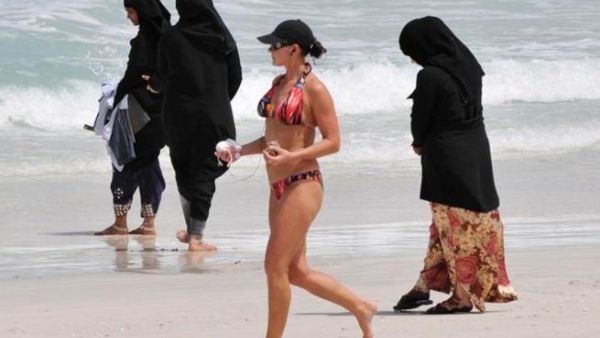For one Arab woman, the ‘Arab Spring’ was an opportunity to examine sexual issues in the Middle East instead of the political climate.
"If you really want to know a people, start by looking inside their bedrooms," says Shereen El Feki. Half Egyptian, half Canadian, El Feki sees sex and politics as being irrevocably intertwined in the Middle East, and writes about this taboo in her book ‘Sex and the Citadel’.
In a recent interview with The Telegraph, El Feki explains her reasoning for putting out this controversial book. "I think there’s an impression in the West that Arabs are quite frankly just f***ed up and we’re wallowing in sexual oppression," she says, hoping that her book may help shed light on sexuality in the Middle East.
In her book, El Feki does not leave many stones unturned and uses a definite Western approach to the issues – she examines domestic violence, the pressure for young girls to remain virgins, and cases of impotence related to revolutionary stress in men.
A participant in the Tahrir Square protests in Egypt, El Feki describes the change in the attitude towards women from the 2011 protests and those held earlier in 2013. "While men made way for women's marches and listened to us with respect two years ago, this year, there was a jagged edge to the atmosphere, and I was subjected to verbal sexual harassment”, she told The Telegraph.
An interesting point she touches upon is the paradox of how sex and sexual issues interplay with the repressive cultures in the Middle East; due to the lack of job opportunities, many men and women are moving to the Gulf, a region collectively more conservative. She portrays Saudi Arabia as a curious space that brings sex into rude contact with fundamental religious readings, producing a climate rife with tales of sexual misdemeanors.









